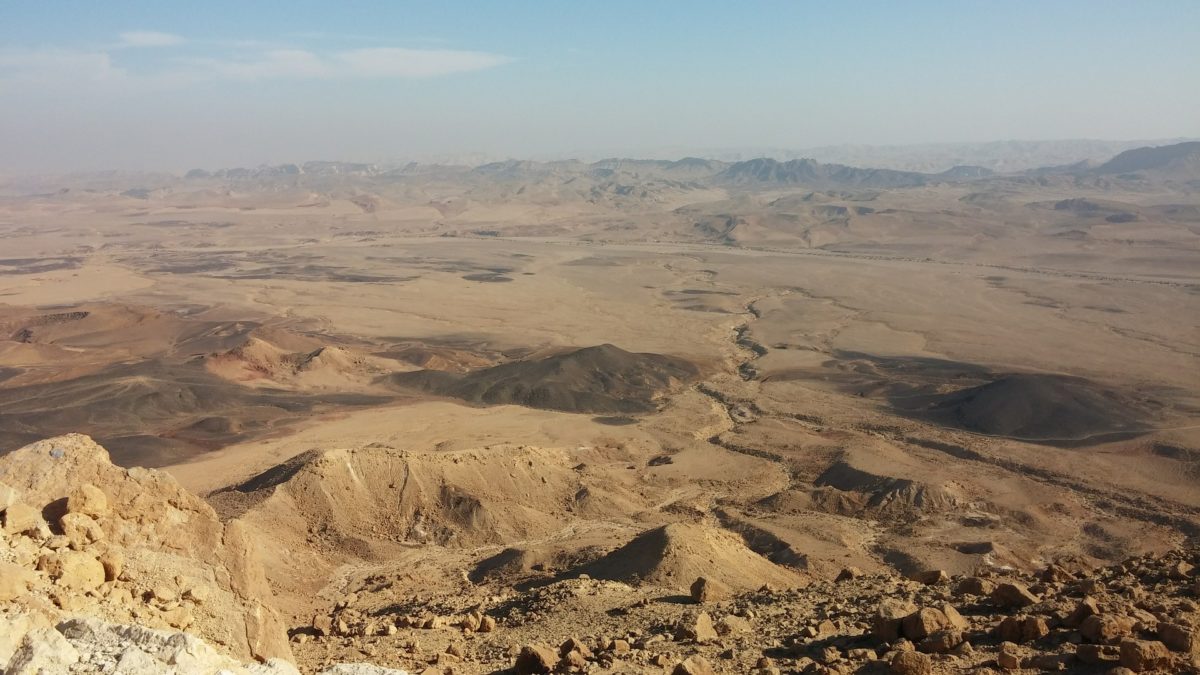Israel’s Ministry of Energy has kicked off a tender for a 300 MW solar power plant in the Negev desert.
The ministry said the solar park would be the largest in the country upon completion. “For the first time in a national tender, a request to deploy energy storage will be included to meet the cost challenges,” stated Jerusalem.
Construction is planned to begin in late 2021 with completion in 2023. Bidders have until May 26 to table projects.
No indication was given of whether the tender – published on Wednesday – would include a price ceiling for the solar power generated but the government pointed out the cheapest solar price tariff received to date in Israel was also for a project in the Negev. That referred to the ILS0.0868/kWh ($0.0251248) bid lodged by the EDF Renewables unit of the French energy company in June. “This is the cheapest electricity generation in Israel, including pollutant fuel production,” the government said.
Solar facilities
Israel’s largest operational PV plant is the 120 MW Zeélim solar park near the village of the same name in the south of the nation. That project, owned by Shne'or Zeelim, a Shikun & Binui Energy (SBE) and built its unit Solel Boneh Ltd in joint venture with Beletric, was finalized in October 2019.
At the end of 2018, Israel had an installed PV capacity of around 1,070 MW, according to the International Renewable Energy Agency.
The country supports PV development through tenders for large scale projects and an incentive scheme for rooftop PV which includes net metering and feed-in tariffs.
This copy was amended on 24/01/20 to include the bid submission deadline.
This content is protected by copyright and may not be reused. If you want to cooperate with us and would like to reuse some of our content, please contact: editors@pv-magazine.com.




3 comments
By submitting this form you agree to pv magazine using your data for the purposes of publishing your comment.
Your personal data will only be disclosed or otherwise transmitted to third parties for the purposes of spam filtering or if this is necessary for technical maintenance of the website. Any other transfer to third parties will not take place unless this is justified on the basis of applicable data protection regulations or if pv magazine is legally obliged to do so.
You may revoke this consent at any time with effect for the future, in which case your personal data will be deleted immediately. Otherwise, your data will be deleted if pv magazine has processed your request or the purpose of data storage is fulfilled.
Further information on data privacy can be found in our Data Protection Policy.